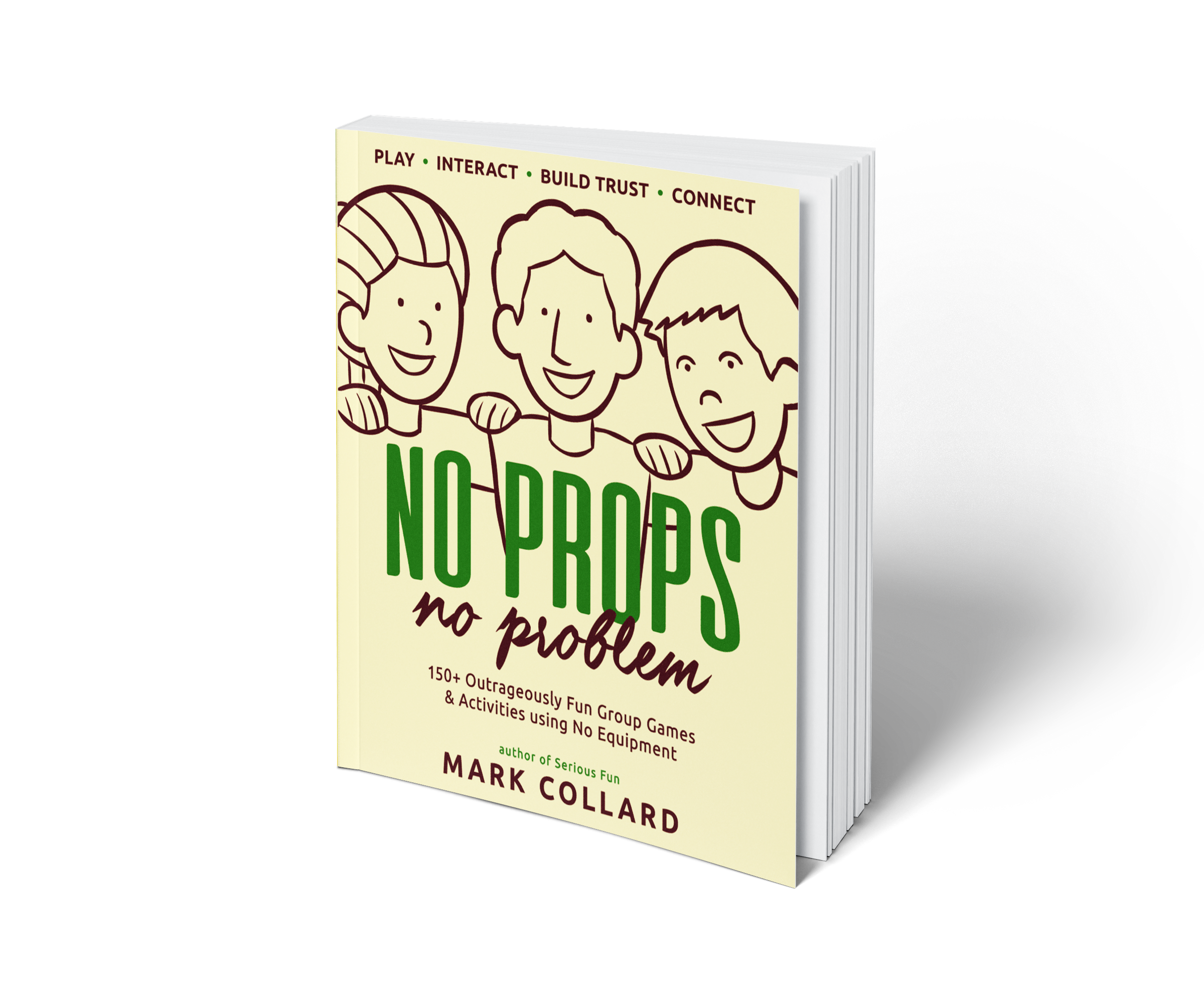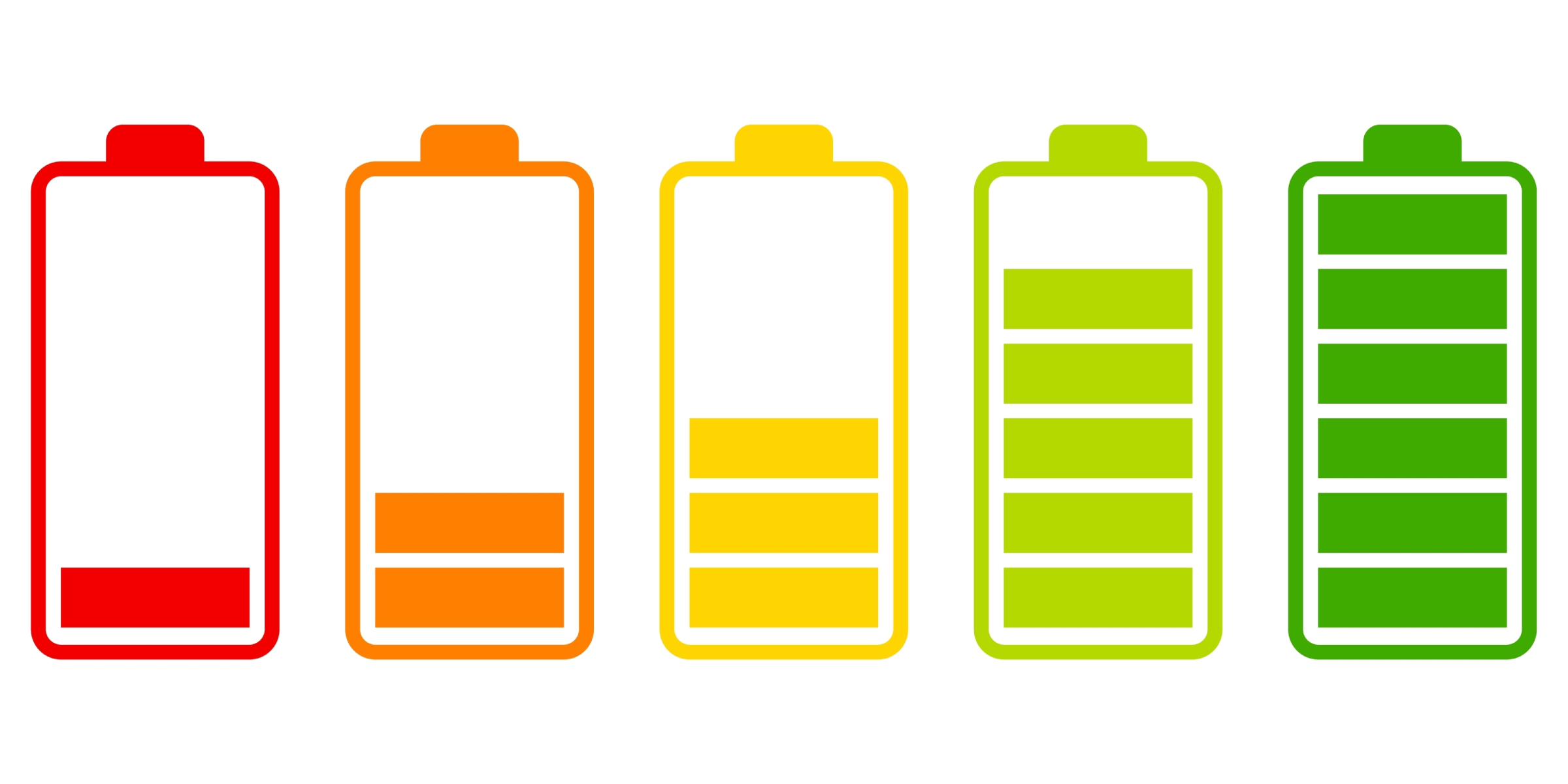Download our free 28-page ebook jam-packed with outrageously fun activity ideas.
Take a look at this New York Magazine article, passed onto me by James Bennett, which discusses the surprising results of some recent research which explores the inverse power of praise, which suggests that praise can, in fact, be harmful sometimes.
The thrust of the research bet on a hunch that students are sensitive to the type of praise they receive, and in particular, that just one line of praise was enough to see a change in behaviour. They were right.
The article is not saying we should stop praising students. Rather, we should consider praising the amount of effort or hard work which was involved in a task, rather than how ‘intelligent’ or ‘smart’ someone is.
Note, the first outcome is focused on effort (more powerful,) whereas the second is all about keeping up appearances (not so powerful, and sometimes, even detrimental.)
It’s a lengthy read, but well worth the effort.













Original post December 2013, last updated May 2018.